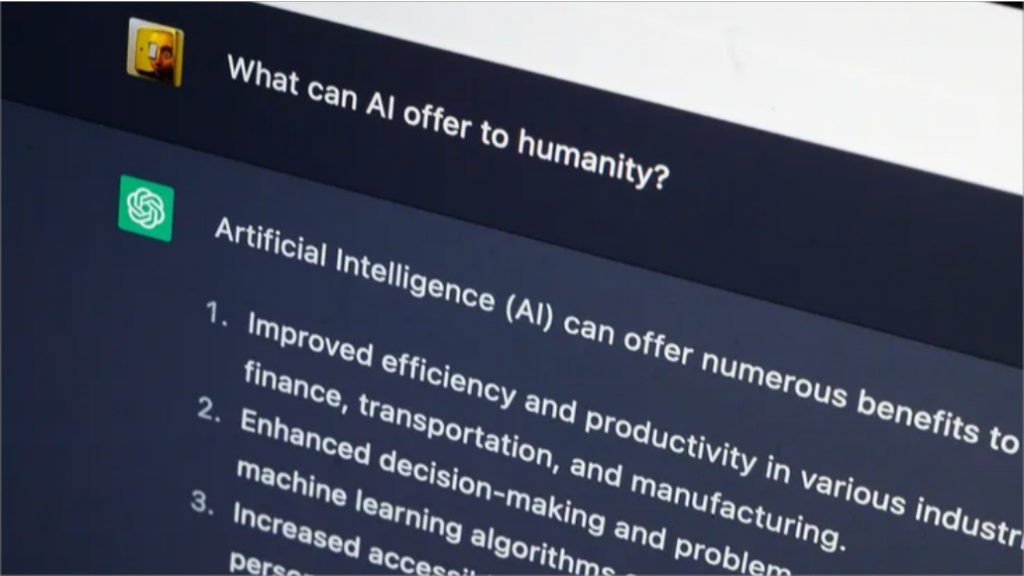
Will generative AI improve productivity? The launch of ChatGPT is exciting, but past inventions have often followed a “J-curve,” where productivity initially decreases before experiencing a sharp increase. Will generative AI follow a similar path?
Generative AI has the potential to enhance productivity, but its actual impact may vary depending on several factors. It is true that there is a “J-curve” pattern observed in the adoption of new technologies, where initial stages may be accompanied by a learning curve and adaptation challenges, leading to a temporary decline in productivity. This is because people need to understand and adapt to the new technology, requiring training and adjustments.
However, over time and with further development, generative AI can improve productivity. It can automate repetitive, tedious, or time-consuming tasks, freeing up human resources to focus on more creative and advanced work. For instance, in areas such as content creation, design, music, and artistic creation, generative AI has shown great potential in quickly generating ideas and prototypes.
Nevertheless, the application of generative AI is still in the early stages and faces some challenges and limitations. For example, generative AI may encounter issues related to accuracy, content consistency, and dependency on large amounts of training data. Ethical and legal considerations, such as data privacy and copyright, also need to be addressed.
In conclusion, generative AI holds the potential to improve productivity, but its effectiveness depends on the maturity of the technology, its adaptability to specific domains, and the ability of organizations and individuals to adopt and adapt to the new technology. As the technology continues to advance and experience is accumulated, we can expect generative AI to play an increasingly important role in enhancing productivity.
